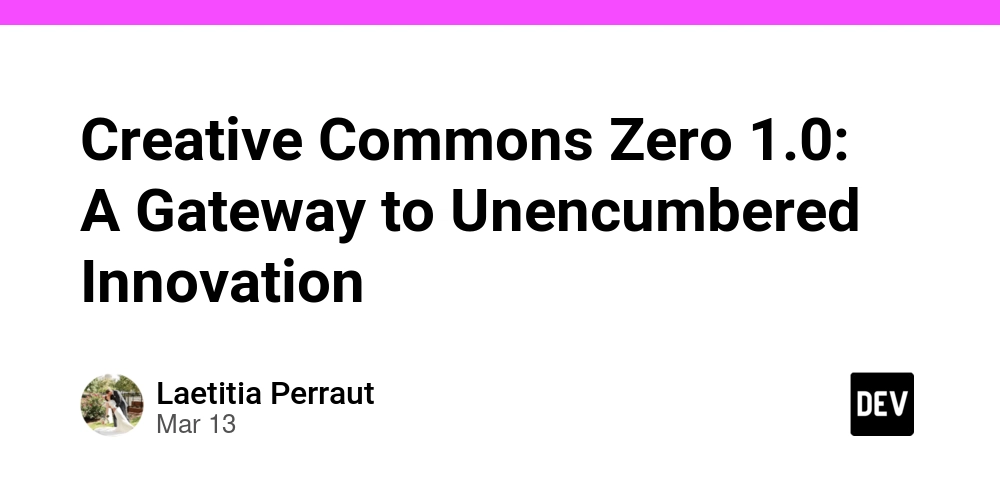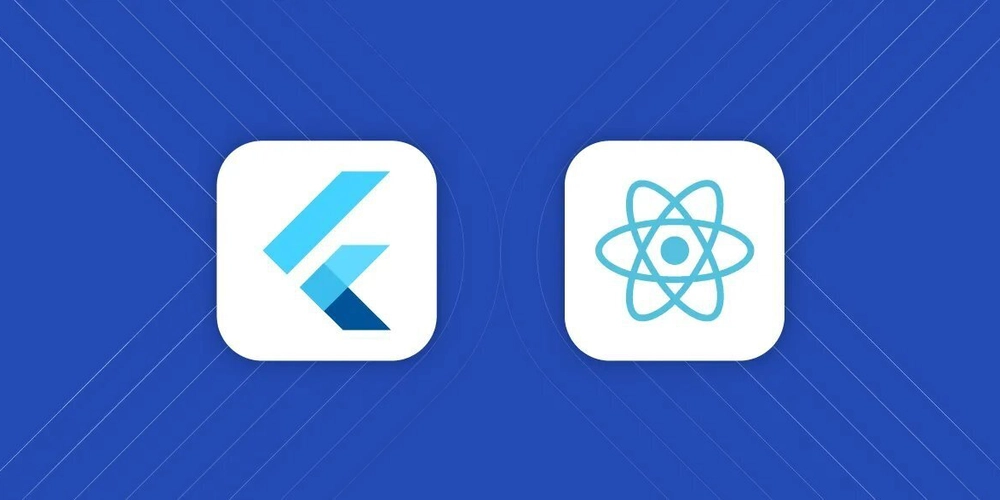Is SEO Changing? Here's How AI Is Reshaping It
If keeping up with SEO feels more confusing than it used to, that’s because it is. The rules are shifting. The tools are evolving. And AI is suddenly everywhere. Whether you’re running your own blog, publishing content for clients, or managing a company site, chances are your SEO checklist has only gotten longer. Keyword research. Metadata. Crawl errors. Schema. Content briefs. The list goes on. But here’s the thing: you don’t have to do it all the way you used to. This blog series is inspired by the book SEO with AI, and it’s here to show a more manageable path forward. Not by replacing your strategy — but by using AI to lighten the load and help you work smarter. Four shifts that are redefining SEO There’s been a quiet transformation happening in SEO — one that goes beyond writing blog posts faster or generating keywords with a chatbot. Here are four shifts that are changing the game in a more fundamental way. 1. Smarter search algorithms, powered by AI Search engines aren’t just scanning for keywords anymore. With AI baked into how rankings work, they’re doing a better job of understanding what content actually helps people. It’s no longer enough to match a keyword — you need to answer the question behind it. Content that’s useful, original, and clearly written is more likely to rise to the top, even if it’s not crammed with keywords. And that’s a good thing, because it rewards clarity over tricks. 2. From links to answers and interactions: a UI shift in SEO Search results don’t look the same as they used to. AI-powered features like Google’s AI Overview are changing how information is displayed — and what users see first. Instead of clicking through ten links, people are getting summaries with new search UIs, suggested follow-ups, and even answers pulled directly from different pages. So now, ranking well isn’t just about being on page one. It’s about showing up where the interaction happens. That means optimizing for clarity, structure, and content that AI systems can easily pull into those summaries. 3. AI makes content creation accessible to all Not long ago, writing a decent blog post — let alone optimizing it for SEO — took time, skill, and a decent amount of patience. Today, with tools like ChatGPT, even non-writers can put together a solid piece in a matter of minutes. That’s opened the door for more people to create content — and a lot more of it. Which means the bar has been raised. If everyone can produce something “good enough,” you’ll need to be thoughtful about what makes your content different or better. The upside? AI can help with that too — by showing you what others are missing, helping you hone your perspective, and keeping things on track. 4. AI is streamlining the SEO to-do list If you’ve ever put off writing meta descriptions or dreaded fixing crawl issues for dozens of pages — you’re not alone. These tasks matter, but they’re repetitive, and they can eat up your time. This is where AI really shines. Instead of doing everything manually, you can now use prompts, templates, and even spreadsheet formulas to handle bulk edits or generate code. You still get the final say — but the heavy lifting happens in seconds, not hours. You don’t need fancy tools. Just clear prompts. One of the best parts about AI? You don’t need new software or plugins to make it work for SEO. If you can describe what you’re trying to do, tools like ChatGPT, Gemini, or Claude can help. Want to summarize a long page into a meta description? Ask. Need a schema for 30 blog posts? Give it a structure and a few examples. Curious why some of your pages aren’t indexed? Paste in your Search Console export and see what insights it finds. You don’t have to know exactly how to fix a problem — you just need to ask the right questions. What you’ll learn in this series This series is all about showing how AI can make your SEO workflow faster, simpler, and a bit less stressful. You won’t find abstract theory here — just real examples you can try, tweak, and build on. Here’s a glimpse of what we’ll cover: Writing content briefs based on actual search intent Using AI to write titles, meta descriptions, and FAQs Identifying and fixing indexing issues with help from AI Generating schema markup in bulk — even without coding Automating SEO tasks with AI and spreadsheets Building small, custom workflows to keep your process running smoothly Each post will address a common SEO challenge and show how AI can step in — not to replace your thinking, but to support it. If you’ve been stuck, this could be a turning point SEO isn’t going away — but the way we approach it is changing. You don’t need to become an expert overnight. But you also don’t need to keep doing things the old way, especially if they’re wasting your time or holding you back. With AI on your side, you can do more of what matters — like planning content that
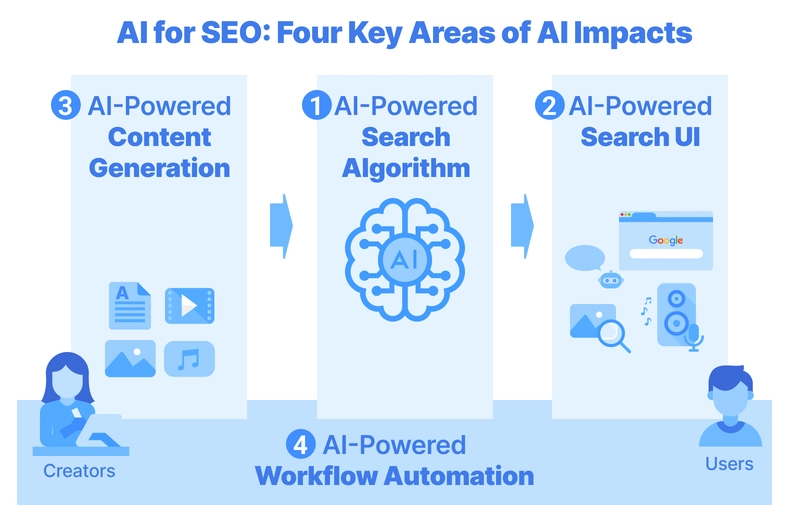
If keeping up with SEO feels more confusing than it used to, that’s because it is.
The rules are shifting. The tools are evolving. And AI is suddenly everywhere.
Whether you’re running your own blog, publishing content for clients, or managing a company site, chances are your SEO checklist has only gotten longer. Keyword research. Metadata. Crawl errors. Schema. Content briefs. The list goes on.
But here’s the thing: you don’t have to do it all the way you used to.
This blog series is inspired by the book SEO with AI, and it’s here to show a more manageable path forward. Not by replacing your strategy — but by using AI to lighten the load and help you work smarter.
Four shifts that are redefining SEO
There’s been a quiet transformation happening in SEO — one that goes beyond writing blog posts faster or generating keywords with a chatbot. Here are four shifts that are changing the game in a more fundamental way.
1. Smarter search algorithms, powered by AI
Search engines aren’t just scanning for keywords anymore. With AI baked into how rankings work, they’re doing a better job of understanding what content actually helps people.
It’s no longer enough to match a keyword — you need to answer the question behind it. Content that’s useful, original, and clearly written is more likely to rise to the top, even if it’s not crammed with keywords. And that’s a good thing, because it rewards clarity over tricks.
2. From links to answers and interactions: a UI shift in SEO
Search results don’t look the same as they used to. AI-powered features like Google’s AI Overview are changing how information is displayed — and what users see first.
Instead of clicking through ten links, people are getting summaries with new search UIs, suggested follow-ups, and even answers pulled directly from different pages. So now, ranking well isn’t just about being on page one. It’s about showing up where the interaction happens. That means optimizing for clarity, structure, and content that AI systems can easily pull into those summaries.
3. AI makes content creation accessible to all
Not long ago, writing a decent blog post — let alone optimizing it for SEO — took time, skill, and a decent amount of patience. Today, with tools like ChatGPT, even non-writers can put together a solid piece in a matter of minutes.
That’s opened the door for more people to create content — and a lot more of it. Which means the bar has been raised. If everyone can produce something “good enough,” you’ll need to be thoughtful about what makes your content different or better. The upside? AI can help with that too — by showing you what others are missing, helping you hone your perspective, and keeping things on track.
4. AI is streamlining the SEO to-do list
If you’ve ever put off writing meta descriptions or dreaded fixing crawl issues for dozens of pages — you’re not alone. These tasks matter, but they’re repetitive, and they can eat up your time.
This is where AI really shines. Instead of doing everything manually, you can now use prompts, templates, and even spreadsheet formulas to handle bulk edits or generate code. You still get the final say — but the heavy lifting happens in seconds, not hours.
You don’t need fancy tools. Just clear prompts.
One of the best parts about AI? You don’t need new software or plugins to make it work for SEO. If you can describe what you’re trying to do, tools like ChatGPT, Gemini, or Claude can help.
Want to summarize a long page into a meta description? Ask. Need a schema for 30 blog posts? Give it a structure and a few examples. Curious why some of your pages aren’t indexed? Paste in your Search Console export and see what insights it finds.
You don’t have to know exactly how to fix a problem — you just need to ask the right questions.
What you’ll learn in this series
This series is all about showing how AI can make your SEO workflow faster, simpler, and a bit less stressful. You won’t find abstract theory here — just real examples you can try, tweak, and build on.
Here’s a glimpse of what we’ll cover:
Writing content briefs based on actual search intent
Using AI to write titles, meta descriptions, and FAQs
Identifying and fixing indexing issues with help from AI
Generating schema markup in bulk — even without coding
Automating SEO tasks with AI and spreadsheets
Building small, custom workflows to keep your process running smoothly
Each post will address a common SEO challenge and show how AI can step in — not to replace your thinking, but to support it.
If you’ve been stuck, this could be a turning point
SEO isn’t going away — but the way we approach it is changing.
You don’t need to become an expert overnight. But you also don’t need to keep doing things the old way, especially if they’re wasting your time or holding you back.
With AI on your side, you can do more of what matters — like planning content that resonates with your readers, solving real site problems, or simply staying consistent with your publishing goals.
This article is a summary of Mastering SEO with AI: Enhance Your SEO Productivity by D-Libro.

















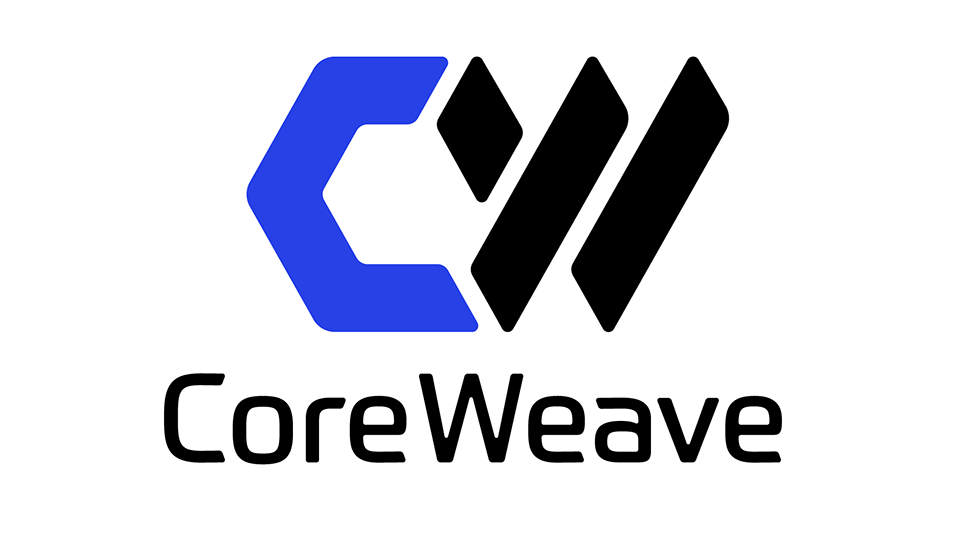






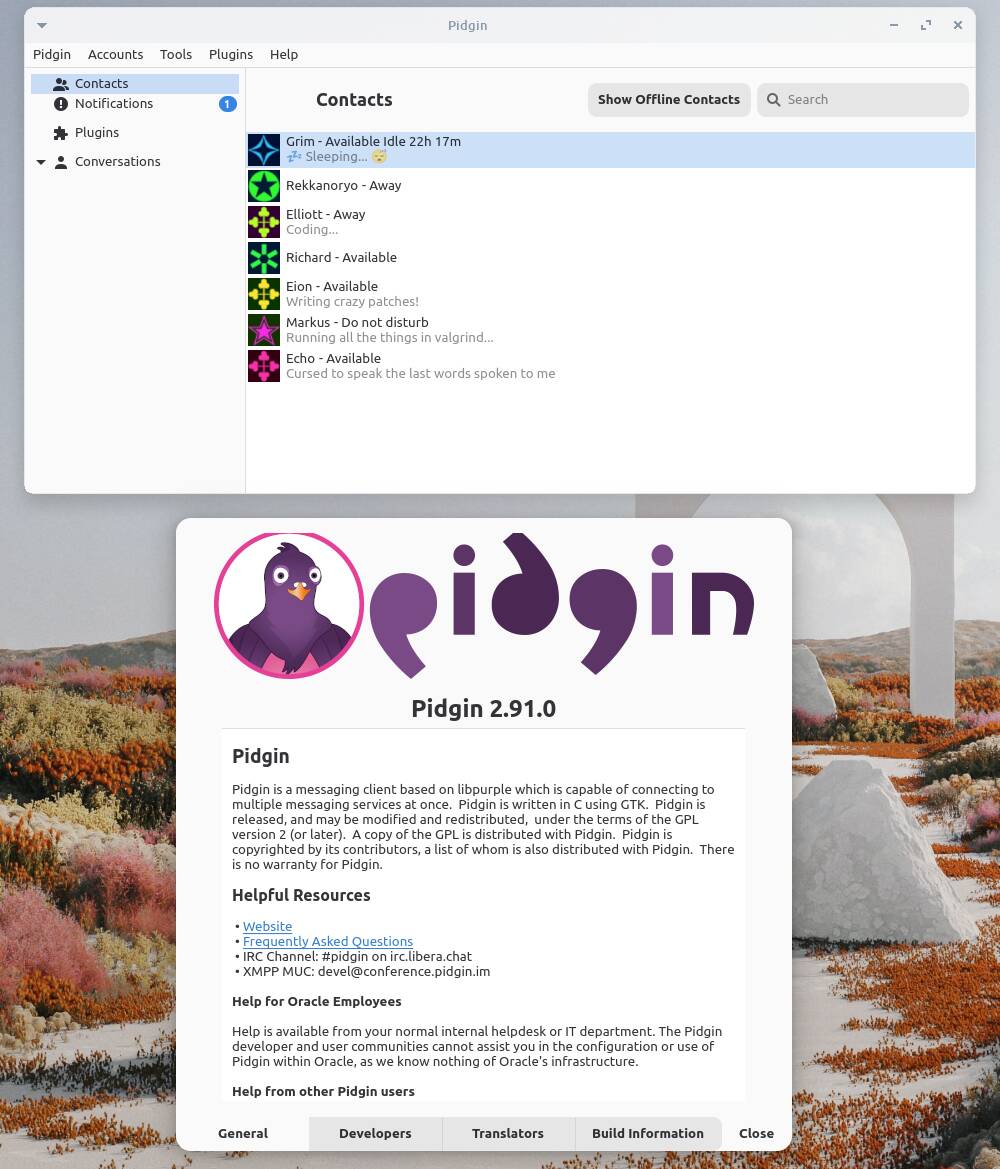


















































































































































![[The AI Show Episode 143]: ChatGPT Revenue Surge, New AGI Timelines, Amazon’s AI Agent, Claude for Education, Model Context Protocol & LLMs Pass the Turing Test](https://www.marketingaiinstitute.com/hubfs/ep%20143%20cover.png)














































































































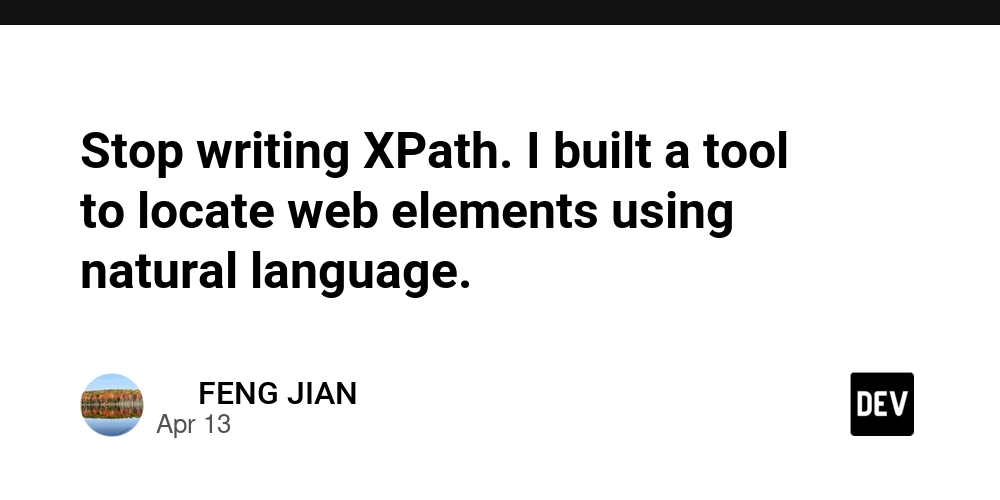

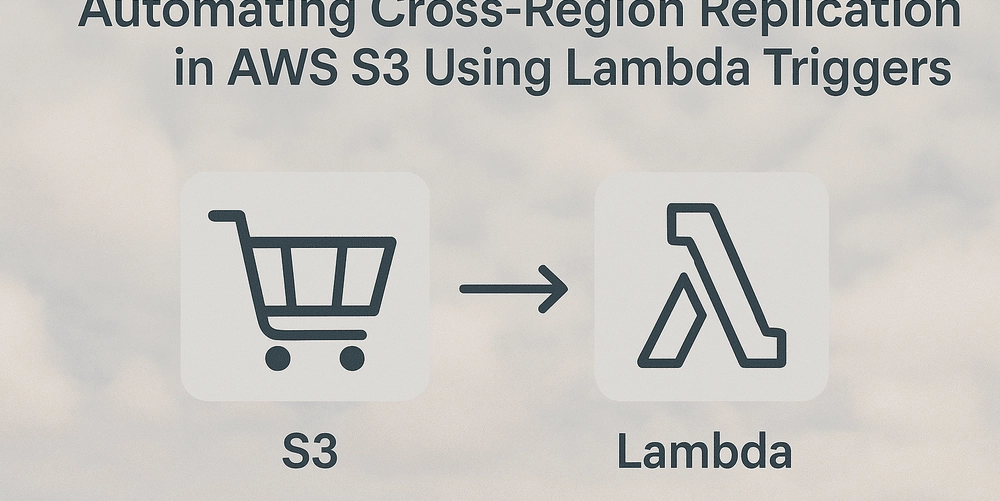









![[DEALS] Microsoft Visual Studio Professional 2022 + The Premium Learn to Code Certification Bundle (97% off) & Other Deals Up To 98% Off](https://www.javacodegeeks.com/wp-content/uploads/2012/12/jcg-logo.jpg)



![From Accountant to Data Engineer with Alyson La [Podcast #168]](https://cdn.hashnode.com/res/hashnode/image/upload/v1744420903260/fae4b593-d653-41eb-b70b-031591aa2f35.png?#)






































































































.png?#)




























































































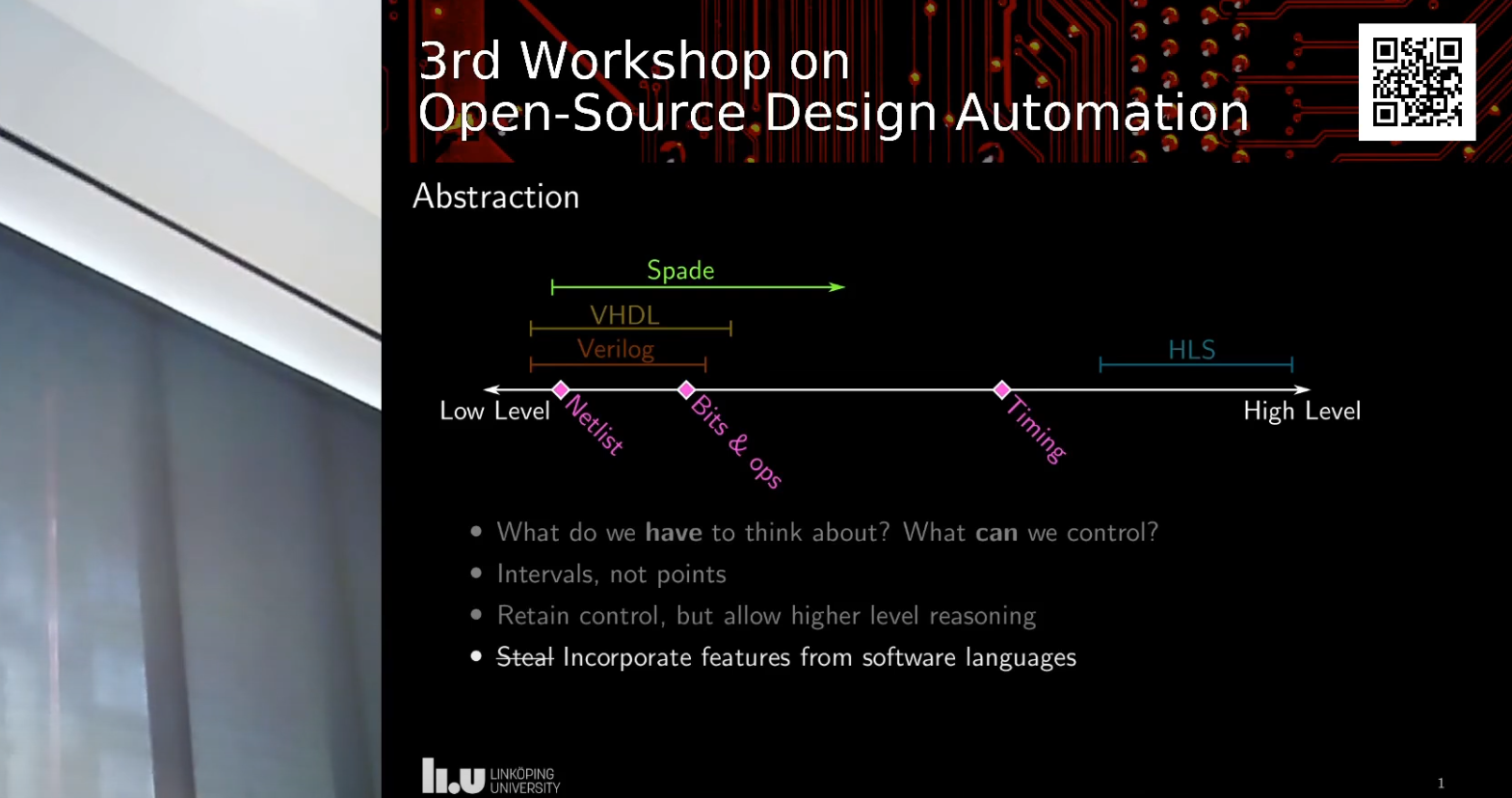









































![What Google Messages features are rolling out [April 2025]](https://i0.wp.com/9to5google.com/wp-content/uploads/sites/4/2023/12/google-messages-name-cover.png?resize=1200%2C628&quality=82&strip=all&ssl=1)











![iPadOS 19 Will Be More Like macOS [Gurman]](https://www.iclarified.com/images/news/97001/97001/97001-640.jpg)
![Apple TV+ Summer Preview 2025 [Video]](https://www.iclarified.com/images/news/96999/96999/96999-640.jpg)
![Apple Watch SE 2 On Sale for Just $169.97 [Deal]](https://www.iclarified.com/images/news/96996/96996/96996-640.jpg)
































































































































